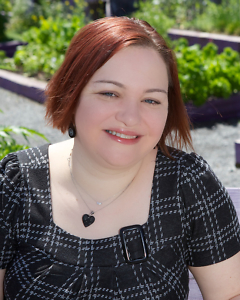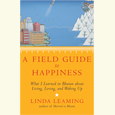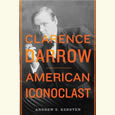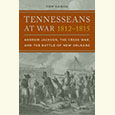Fools in Love
Lovesick Blossoms highlights queer romance in the South
FROM THE CHAPTER 16 ARCHIVE: This review originally appeared on October 17, 2023.
***
Julia Watts’ Lovesick Blossoms takes place in Kentucky in 1953 and tells the story of Samuel, a young college graduate who marries her English teacher, Boots, to protect their true sexual identities from prying public eyes. It also tells the story of Frances, who’s married to the new classics instructor at the local college. Both Frances and Samuel find themselves living a lonely existence — that is, until they meet at the department faculty party and are irresistibly drawn to each other.

While an undergraduate student at Millwood College for Women, Samuel makes the mistake of leaning in for a kiss while consoling a fellow female student whose boyfriend recently broke off their relationship. The student reports Samuel to the dean, and she is faced with immediate expulsion for inappropriate behavior. Boots, aka Professor McAdoo, comes to her rescue by offering a mutually beneficial proposition. If Samuel marries him, he can plead her case to the dean and she can finish her undergraduate degree at Millwood and keep her scholarship, while Boots gains the protection afforded by a wife. As a closeted gay man in his 50s, Boots has been in a number of close encounters involving his preferences in romantic partners, and a marriage to Samuel will allow him just the kind of smokescreen he’s been searching for.
Meanwhile, Frances and her husband Henry move to town. Frances and Henry have three children: Danny, who is the oldest and in elementary school; Susan, not yet old enough for school and so obsessed with The Wizard of Oz that she insists on calling herself Dorothy; and the most recent addition to the family, baby Robert. Frances worked early in her marriage, but she now finds herself confined to the house, caring for everyone else. Frances is uncomfortable with the level of racism in the South, and she worries that she will stick out like a sore thumb with her Northern accent and beliefs.
In fact, when Samuel encounters Frances for the first time, Frances stands out from the rest of the faculty wives. Samuel describes her as follows: “She wore thick glasses and simple clothes, a white blouse, a navy-blue A-line skirt, and flat shoes. Instead of being shampooed and set into submission, her hair fell in soft, natural waves over her shoulders.” Immediately, Samuel can tell that Frances is different.
 Watts is known for her fiction about queer individuals in the South, including books like Quiver and Needlework, and Lovesick Blossoms delivers yet another inspiring story about the prejudices LGBTQ+ individuals face in the region. Her characters’ dilemmas are especially poignant given the 1950s setting, a time when gender roles were painfully unyielding.
Watts is known for her fiction about queer individuals in the South, including books like Quiver and Needlework, and Lovesick Blossoms delivers yet another inspiring story about the prejudices LGBTQ+ individuals face in the region. Her characters’ dilemmas are especially poignant given the 1950s setting, a time when gender roles were painfully unyielding.
After the marriage, Samuel and Boots live with his mother, Miz Elizabeth, a strict Southern woman who is always dressed to the nines even if she has no plans to leave the house for the day. She frequently makes jabs at Samuel, who prefers to dress like a boy, for not wearing garters and skirts and leaving her face bare. But the situation is not all bad. In many ways, Samuel’s married life is one of privilege and indulgence. She’s free to spend her days writing in Miz Elizabeth’s expansive house, a far cry from the poverty she grew up with. She never has to work; she gets free room and board; and she can focus on her dream of being a writer. And yet, something is missing.
Something is missing for Frances as well, and it is not until after the faculty party, when Samuel wanders over to Frances’ house — just to say hello — and the two wind up hiding in the kitchen pantry (from young Susan) to steal kisses they’ve both been yearning for. However, both women are married; even if Samuel’s marriage is a farce, she has to keep up appearances. Frances, on the other hand, is happily married. Or, at least, she’s supposed to be. Henry has cheated on her several times in the past, and Frances has an inkling that he may be engaging in adulterous behavior again. But they still love each other, and what would happen to the children if they were to split?
Watts’ writing is straightforward, soothing, and humorous. Samuel is a character for the history books in that she stubbornly stands by her character and beliefs, even when everyone around her tells her she’s wrong, and Frances has qualities and insecurities that most women will find relatable. The atmosphere of the novel is also very scholarly — literary elements are woven throughout the book, from the college setting to the writerly aspirations of several characters. Readers will find themselves quickly absorbed in the narrative, rooting for Samuel and Frances and their unlikely chance at happiness.

Abby N. Lewis is from Dandridge, TN. She is the author of the poetry collection Reticent, the chapbook This Fluid Journey, and the newly released chapbook Palm Up, Fingers Curled from Plan B Press.


